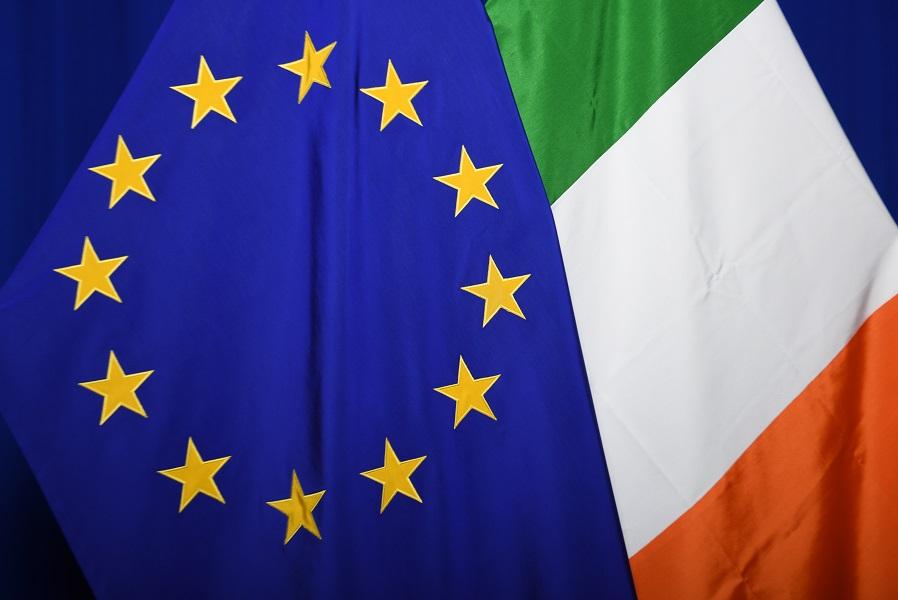The European Union (EU) has delivered more than half a century of peace, stability and prosperity; helped raise living standards for European citizens; and launched a single European currency: the Euro. What began as an economic union has evolved to span diverse policy areas, from climate and environment to external relations and security.
The EU is a unique economic and political partnership between 27 European countries. It was first created in 1958 as the European Economic Community (EEC) by Belgium, Germany, France, Italy, Luxembourg and the Netherlands. Since then, a further 22 countries have joined to make up what is, since 1993, known as the European Union. The United Kingdom left the EU at the end of 2020.
The EU is based on the rule of law – everything it does is founded on treaties, voluntarily and democratically agreed by all member countries.
The goals and values of the EU

EU institutions
The EU has a unique institutional set-up. Broad priorities are set by the member governments in regular summits, and decision-making involves a range of institutions, although the 4 main ones are:
- European Parliament: legislative body elected by EU citizens, which votes to pass EU laws, agreements and budgets, and oversees other EU institutions
- European Council: brings together the leaders of all the member countries to set the overall EU agenda and political priorities
- Council of the European Union: composed of national ministers and which together with the Parliament, negotiates and adopts EU legislation
- European Commission: executive arm of the EU which drafts EU legislation and implements the decisions of the legislative bodies
- The EU also has a diplomatic arm – the European External Action Service, as well as Court of Justice of the European Union (CJEU), which ensures the respect of EU law.
